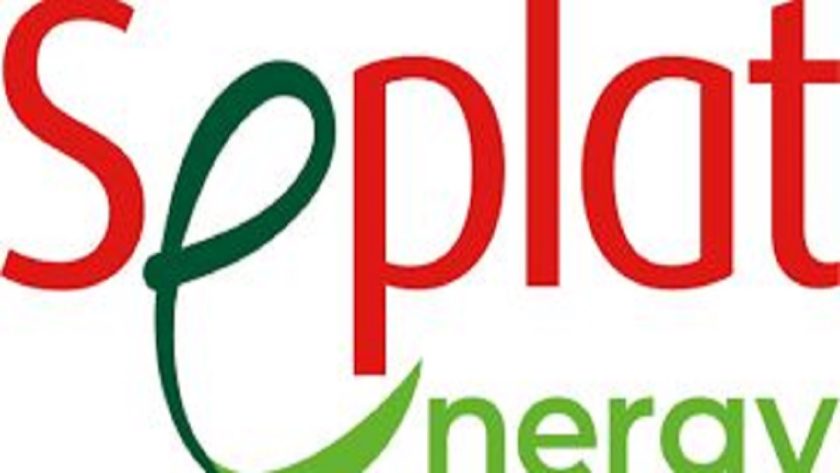Seplat’s $3 Billion Investment Strategic Bet on Nigeria’s Energy Future
In a bold and calculated strategic pivot, Seplat Energy Plc, Nigeria’s foremost indigenous oil and gas company, has unveiled a five-year investment roadmap that underscores its commitment to expanding domestic energy production and deepening its upstream and midstream footprint. The company’s plan, estimated to require up to $3 billion in capital investment, is a reflection of both rising investor confidence and Nigeria’s shifting energy landscape where indigenous players are becoming dominant amid the gradual retreat of international oil companies (IOCs).
The Seplat 5-Year roadmap blueprint is anchored on three major pillars:
Drilling of 120 new wells over the five-year period;
Commissioning of three gas development projects, aligning with Nigeria’s energy transition and gas utilisation goals;
Potential divestment of a 10% stake in its joint venture with the Nigerian National Petroleum Company Limited (NNPCL), potentially reducing its stake to 30% but allowing for greater capital reallocation.
These operational strides are projected to generate cumulative cash flows of $6 billion by 2030, a sharp 150% increase over the $2.4 billion generated between 2020 and 2024. The company’s model uses a conservative crude oil price benchmark of $65 per barrel and a targeted daily production output of 200,000 barrels per day (bpd), a figure that would effectively double its current output levels.
Unlike traditional capital-intensive projects that rely heavily on external financing, Seplat’s strategy is largely self-funded, leveraging expected revenues to bankroll drilling and infrastructure expansion. This mitigates risk exposure tied to interest rate volatility and macroeconomic shocks, especially in emerging markets like Nigeria, and enhances earnings visibility.
The $3 billion investment isn’t just capex-heavy; it reflects a long-term play toward sustainable cash generation, increased reserves, and stronger shareholder returns. Gas monetization, in particular, offers a hedge against crude oil price volatility while positioning Seplat to benefit from Nigeria’s push for cleaner, locally available energy solutions.
Seplat’s December 2024 acquisition of shallow water assets from ExxonMobil underscores a broader trend: the retreat of IOCs from onshore and shallow-water fields in Nigeria, and the concurrent rise of agile, indigenous firms with better adaptability to local operating environments. Since its 2009 inception, Seplat has steadily built a diverse asset base across eight oil blocks in the Niger Delta, making it one of the most strategically positioned players in Nigeria’s energy ecosystem
This pivot also aligns with government policy direction: increased local content participation, upstream investment incentives, and aggressive gas infrastructure development, all of which place Seplat in a highly favourable position.
Seplat shares, dual-listed on the Nigerian Exchange (NGX) and the London Stock Exchange (LSE), currently trade at N5,917.20. This represents 8.6% premium to its 50-day moving average of N5,447.23, and at the same time, a 21.7% appreciation from its 52-week low of N4,860.00.
This upward movement reflects market optimism driven by improved operational metrics, increased oil and gas production capacity, and strategic acquisitions. However, the stock has yet to test major resistance levels that could signal a definitive bullish breakout.
Technical indicators suggest a consolidation phase that could lead to an upside breakout if production targets are surpassed. The 50-day moving average is trending positively, and trading volume patterns signal increasing investor accumulation.
Investor Recommendation: HOLD or ACCUMULATE?
Given the outlined strategic direction, current valuation, and strong future cash flow projections, Seplat presents a compelling mid-to-long-term opportunity. However, the recommendation depends on the investor profile:
For long-term institutional investors and value seekers, the stock is a firm “ACCUMULATE”, particularly on dips around the N5,400–N5,600 range, which is close to its 50-day MA.
For existing shareholders, a “HOLD” is advised, pending Q1 2026 earnings and updates on the execution of its drilling and gas projects. Though, risks include global oil price volatility, security concerns in the Niger Delta, and regulatory uncertainties. However, Seplat’s operational resilience and gas strategy help cushion these downside risks.
Seplat’s $3 billion investment roadmap signals more than corporate ambition. It represents a new chapter for Nigeria’s oil and gas industry. With its diversified asset base, expanding gas projects, and prudent financial planning, Seplat is well-positioned to lead the next era of indigenous oil sector dominance.
For investors, the blend of strong fundamentals, strategic positioning, and improving market sentiment makes Seplat a key stock to watch as Nigeria’s energy story unfolds. #Seplat’s $3 Billion Investment Strategic Bet on Nigeria’s Energy Future#
Rates Diverge as Excess Liquidity Thins Out on CBN Actions

